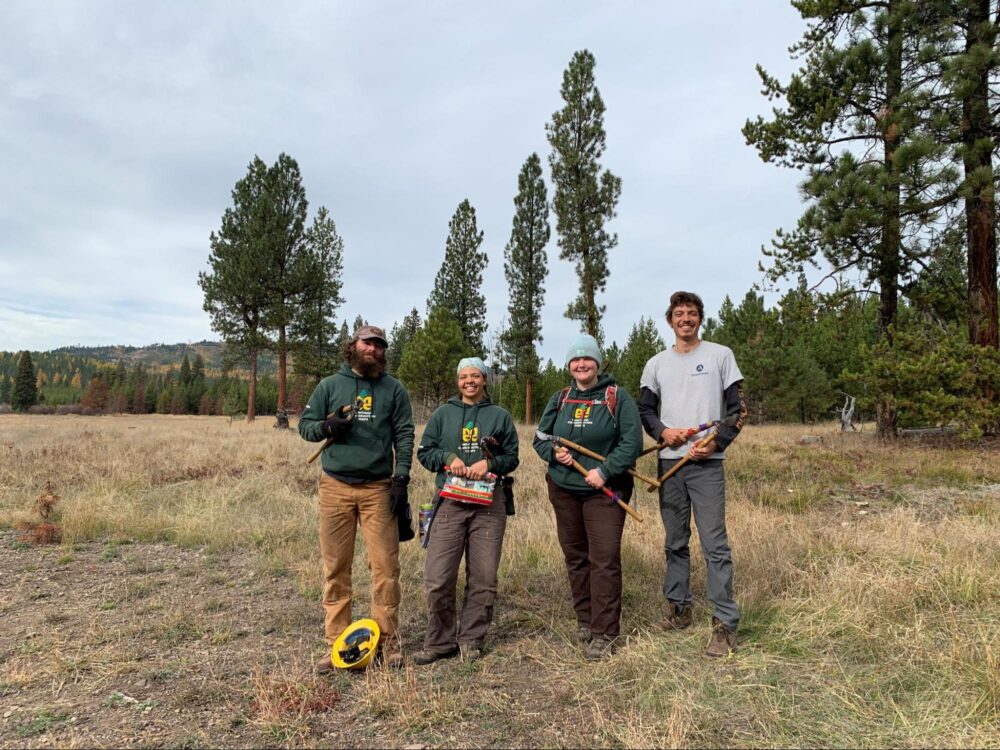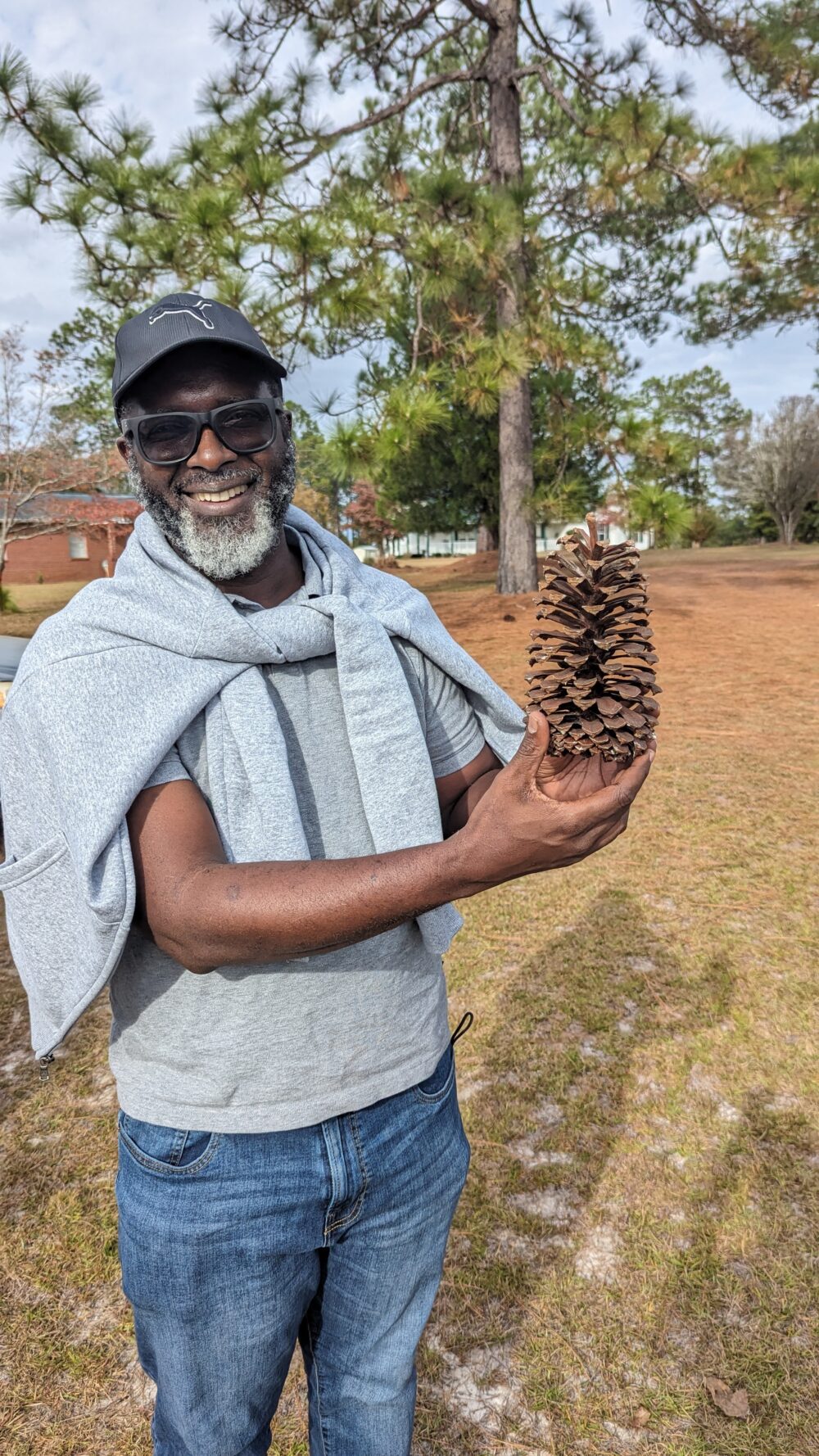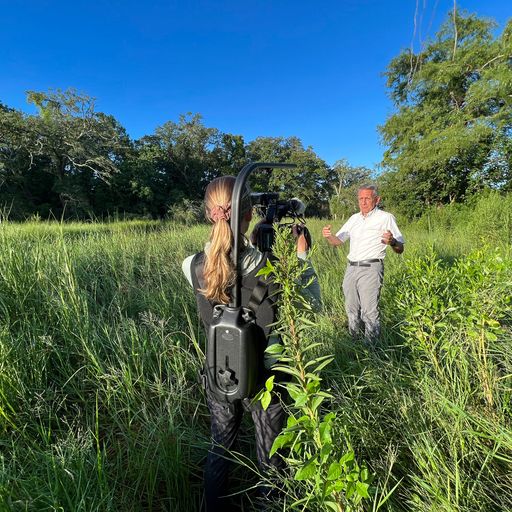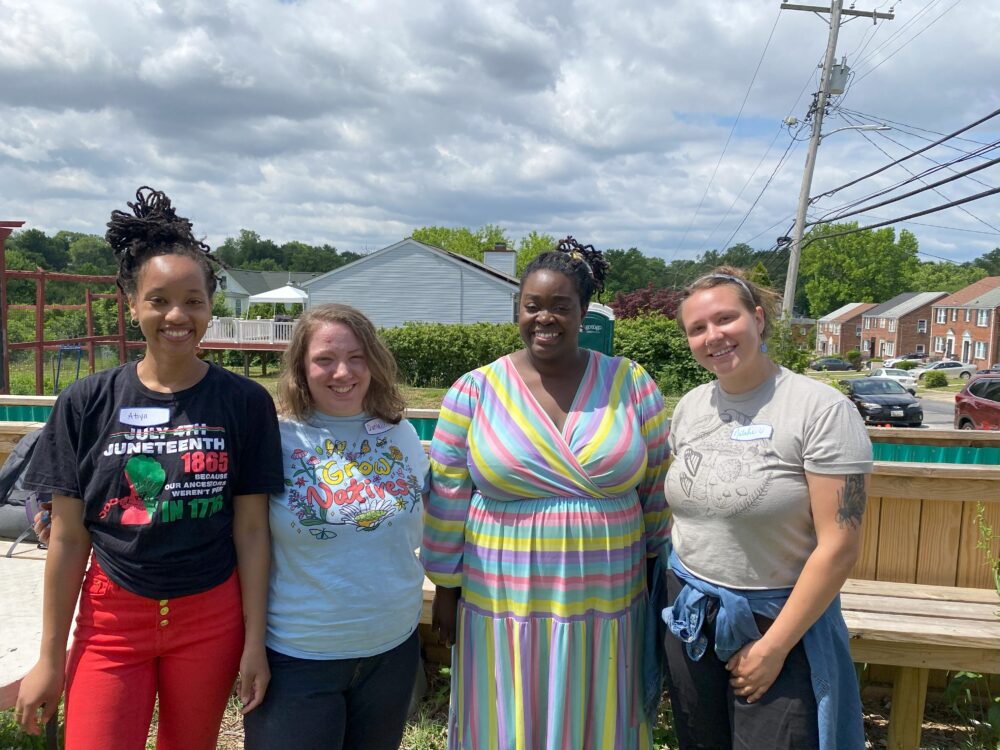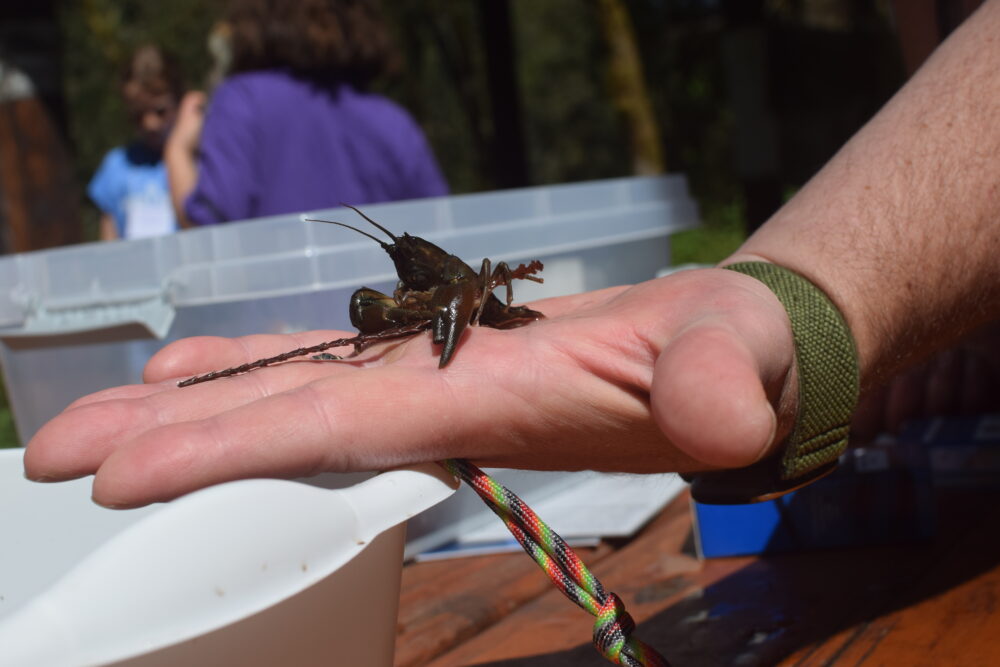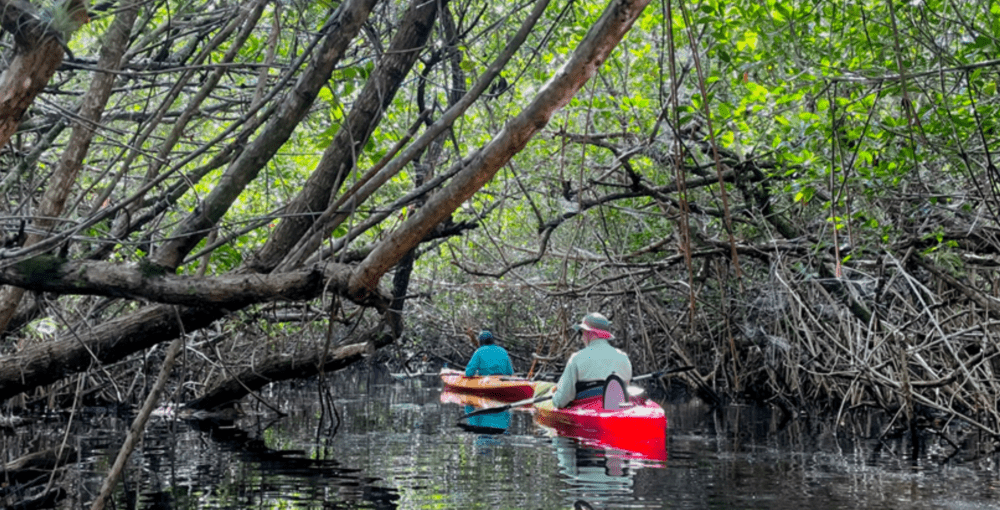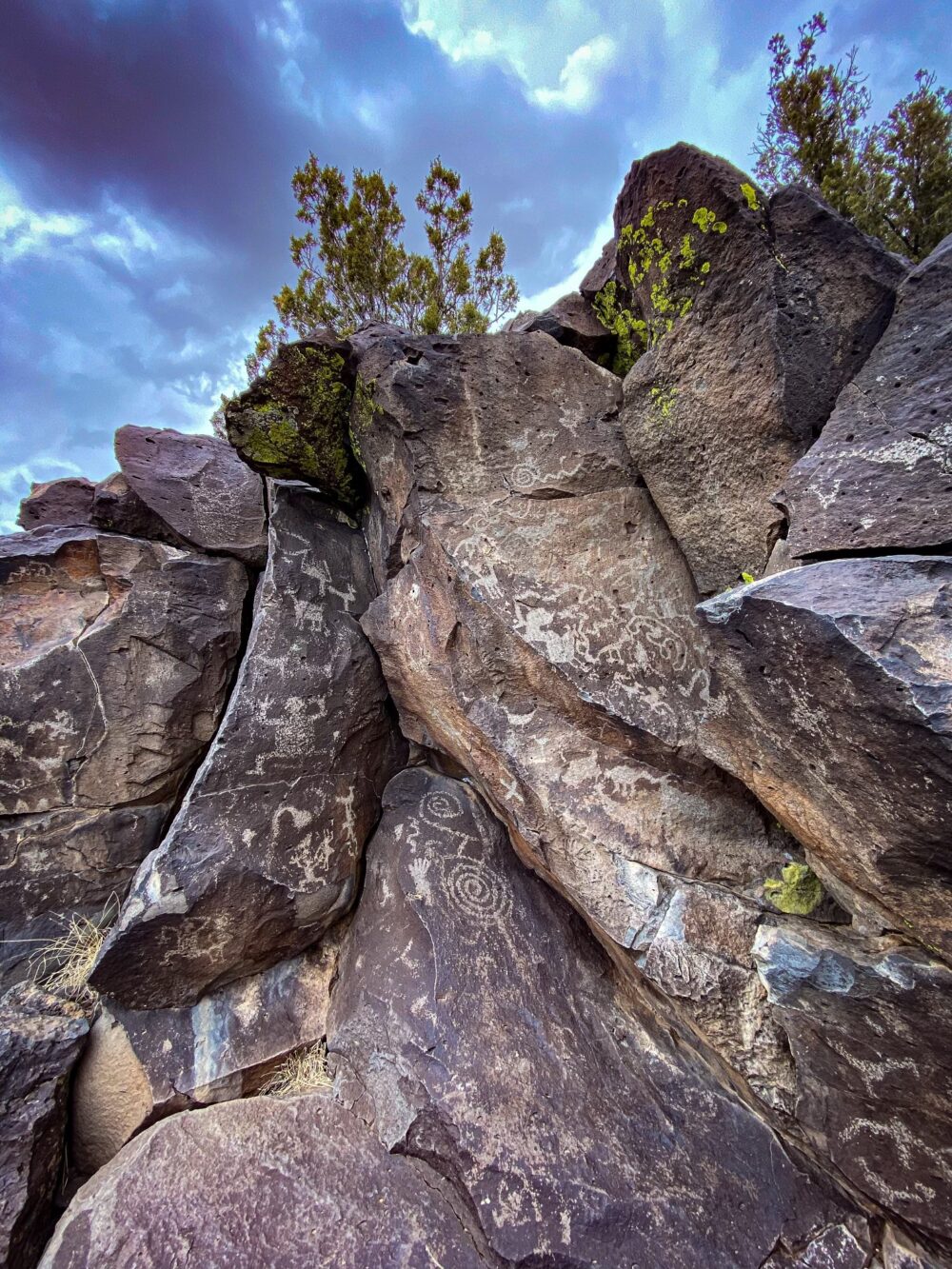We have much more to do and your continued support is needed now more than ever.
Alumni Earmark Support for Sustainable Campuses
Oftentimes, large alumni gifts pay for high profile new buildings that require considerable natural resources to build and, more often than not, are not energy efficient or otherwise green. The opposite is the case with the Graham gift which will leverage the University’s existing sustainability efforts involving more than 300 faculty members in seven schools, with extensive efforts in the College of Engineering, the School of Natural Resources and the Environment, the School of Public Health, the Stephen M. Ross School of Business, and others.
The Institute will focus on five areas: energy; freshwater systems: human health and its link to the changing environment; global change and biodiversity; and infrastructure and manufacturing systems. As the term implies, sustainability refers to approaches that attempt to meet the needs of the present without compromising the environment for future generations.
According to a U-M press release, Graham earned a bachelor’s degree at U-M in industrial engineering in 1955 and a master’s in mechanical engineering in 1956. He put theory into practice in his early manufacturing experience in the recycling of plastics, where his methods reduced landfill needs while saving on raw materials. He founded Graham Engineering Co. in 1960 in his basement, and today the Graham Group’s holdings include industrial businesses operating out of roughly 60 locations worldwide.












